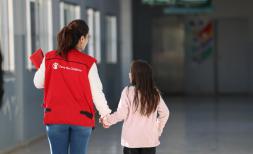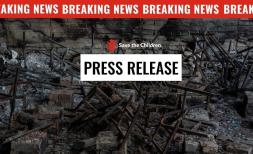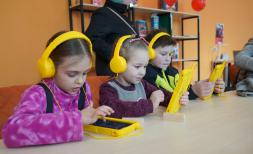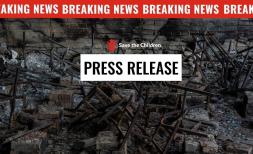Save the Children welcomes decline in violations against children in South Sudan
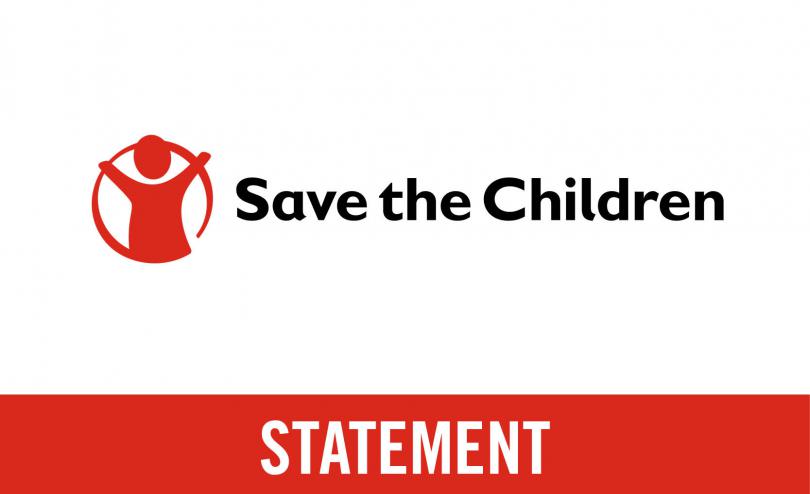
Save the Children welcomes the decline in the number of grave violations against children in South Sudan such as killing and maiming, sexual abuse and recruitment. While children in the country are still being harmed at unacceptable levels, the number of violations has significantly declined over the past five years, according to last week’s report of the Secretary-General on Children and Armed Conflict (CAAC) in South Sudan.
In analysing the findings from the Second and Third CAAC Reports, Save the Children found that the number of child victims in South Sudan has steadily declined each year. Looking at the four violations where the victims are individual children, the number has gone down from a high of 1,630 verified violations in 2016, to 82 verified violations in the first half of 2020. The last full year of data, 2019, showed the number of grave violations against children was less than 1/6th what it was in 2016.
Rama Hansraj, Save the Children’s Country Director for South Sudan, said:
“These findings show that, as South Sudan’s Revitalized Transitional Government of National Unity (RTGoNU) continues to take concrete steps towards peace, the country is becoming a safer and better place to be a child. Verified cases of recruitment and use of children in conflict – still the highest type of violation against children in conflict in South Sudan – has dropped from a terrible high of 1,221 cases in 2017, to 39 documented cases in the first half of 2020. While this is still 39 cases too many, it’s a heartening, substantial improvement.
“For all of us working in South Sudan, our hope would be that the number of grave violations committed against children could reduce to zero. Each time a violation takes place, an innocent child is robbed of something critical – whether it be their life, their bodily integrity, or their ability to feel safe.
“We continue to be concerned about the targeting of schools and hospitals by warring parties. In the past two years, there were 13 verified attacks on schools and 9 verified attacks on hospitals [1] which, while a decline on previous years, is still unacceptable. We condemn any attack on schools and students as a grave violation of children’s rights – children should be able to go to school safely to learn and interact with their friends and teachers.
“We appreciate the efforts of the RTGoNU in ensuring the reduction in the overall number of grave violations against children since its formation. Such improvements do not come out of a vacuum. They come from years of hard work, cooperation, negotiations, investment and goodwill from different players and interests.”
Save the Children remains committed to working with the RTGoNU, donors and communities to ensure things continue on this positive trajectory, and implementing long-term interventions that deter and prevent the recruitment and use of children.
As part of our commitment to South Sudan’s children, Save the Children will continue to run case management for vulnerable children, in particular for those children who are unaccompanied or separated from their families, or those who have returned after being recruited and used by armed groups. We will continue our reintegration support, and will ensure vulnerable children receive the mental health and psychosocial support they need to fully recover.
[1] Children and armed conflict in South Sudan - Report of the Secretary-General (S/2020/1205): The United Nations verified a total of 22 attacks on schools (13) and hospitals (9), of which 8 took place in the second half of 2018 and 14 in 2019. In addition, 17 attacks on schools and 6 on hospitals were documented and verification is ongoing.
For more information or interviews please contact:
Daphnee Cook, Daphnee.Cook@savethechildren.org;
Emily Wight, Emily.wight@savethechildren.org;
Out-of-hours (GMT) and weekend: Media@savethechildren.org.uk / +44 7831 650 409
